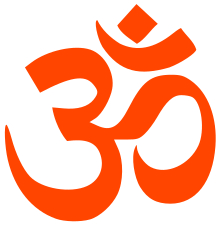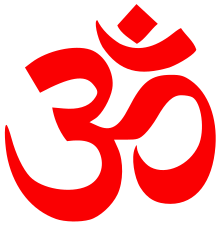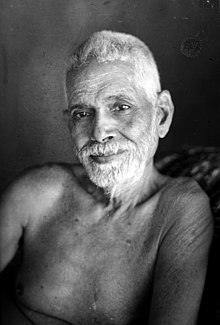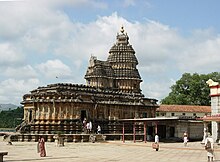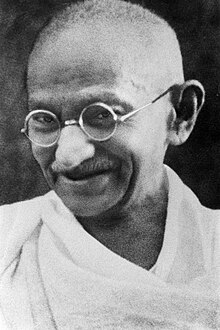No coordinates found
Advaita Vedanta
Hindu tradition of textual interpretationAdvaita Vedanta is a Hindu tradition of Brahmanical textual exegesis and philosophy, and a monastic institutional tradition nominally related to the Daśanāmi Sampradaya and propagated by the Smarta tradition. Its core tenet is that jivatman, the individual experiencing self, is ultimately pure awareness mistakenly identified with body and the senses, and non-different from Ātman/Brahman, the highest Self or Reality. The term Advaita literally means "non-secondness", but is usually rendered as "nonduality". This refers to the Oneness of Brahman, the only real Existent, and is often equated with monism.
Read article
Top Questions
AI generatedMore questions
